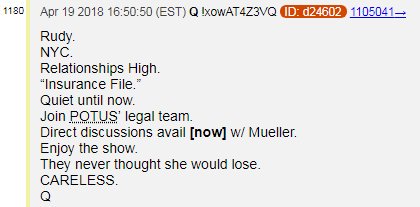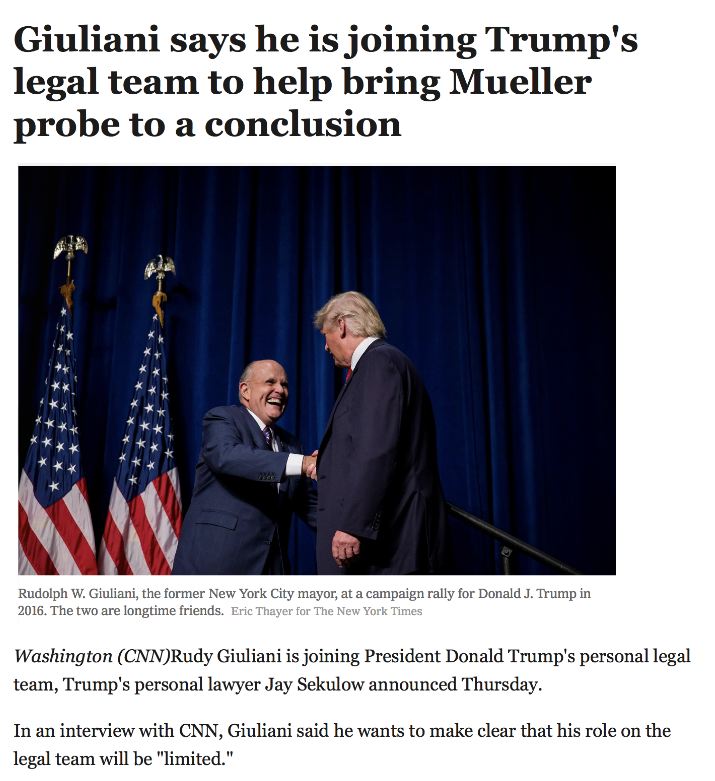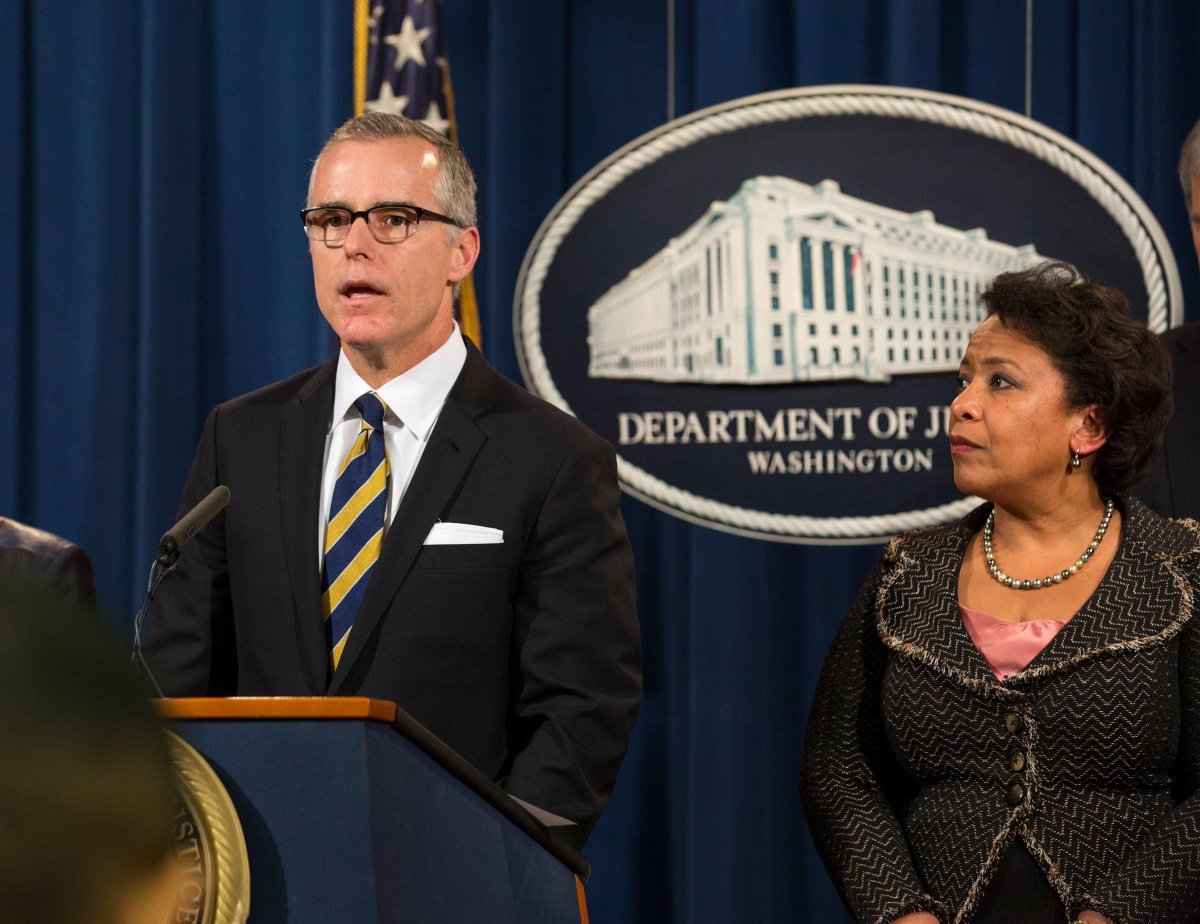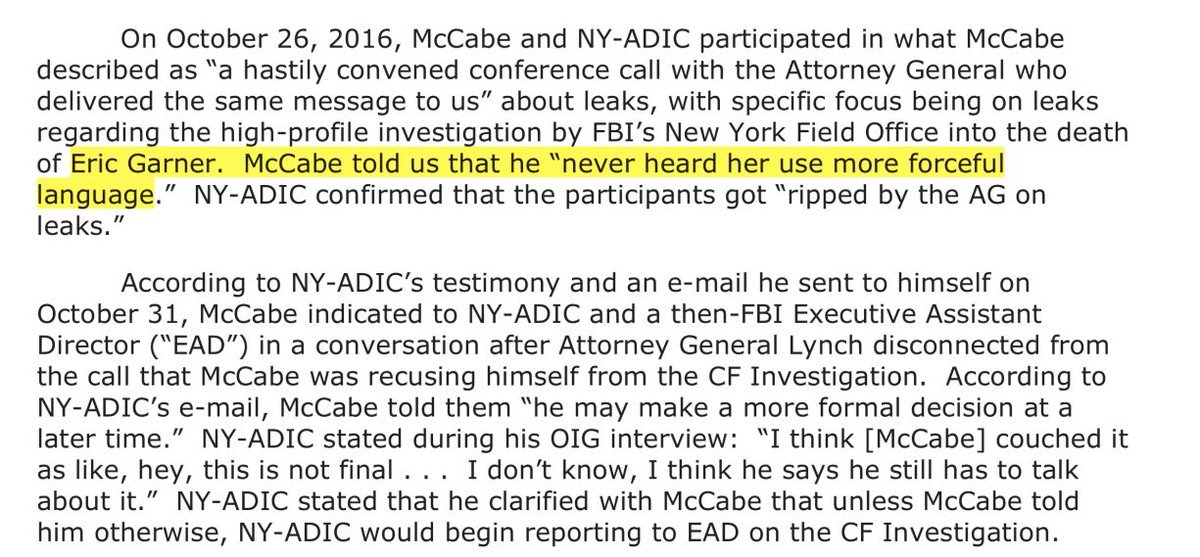Part I starts here:
Q: Why weren’t more crimes charged from the behavior described in Vol. I?
Special Counsel (SC) was not able to collect all the evidence for a variety of reasons (see Mueller Report, page 10)
Often they lied. In the words of SC: "Even when individuals testified or agreed to be interviewed . . .
Next comes one of the most remarkable statements in Vol 1 concerning why SC was not able to collect all the evidence.
While Trump was raging about finding HRC's "missing" emails, his staff was making sure their own communication couldn't be traced.
The office limited its questioning of witnesses who claimed to be members of the media pursuant to DOJ regulations.
Often documents were held outside the US.
(These protective laws are good. Our 4th Amendment and other protections have always meant fewer people are prosecuted, but trust me: You wouldn’t want to live in a world without them.)
Mueller took it as his task to hand off any matters that could be better handled by other prosecution offices.
“What the heck does that mean, Teri?"
So that we can march together through the legal analysis in this report, I’m going to teach you IRAC.
IRAC stands for:
💠ISSUE
💠RULE
💠ANALYSIS
💠CONCLUSION
The way you determine if a person committed a crime is you first frame the issue.
Rule: Next you look up the rule. With criminal law, this means listing out the elements of the crime. Each crime has multiple elements, and each crime requires some level of mens rea (guilty mind). law.cornell.edu/wex/mens_rea
Someone offers to give something of value to a public official,
acting corruptly with intent to influence an official act
OR someone offers something of value to a federal official because of an official act.
ANALYSIS: for this part, you apply the facts to each element to see if you have enough evidence to prove each one. The evidence must be admissible in court.
I'll continue on with bribery (since that’s the example I’m using). Bribery is difficult to prove.
For further reading for those so inclined, see:
law.cornell.edu/supct/html/98-… …
You donate $200 to your favorite local representative. After she’s elected, you write a letter asking her to pass Measure A. She does. You benefit.
When crafting rules and standards, courts and legislatures are careful to not to criminalize behavior which isn’t actually corrupt, particularly in an environment in which politicians must raise money.
I'm a defense appellate lawyer. I agree.
💠Members of the Trump campaign and others under investigation lied, deleted evidence, and made sure their activities were not documented.
💠The standards for conviction are high.
End Part III/
It's key, particularly for Trumpsters taking victory laps. Lying and deleting evidence, and then claiming exoneration, should be beneath the dignity of the President of the United States and his campaign.










